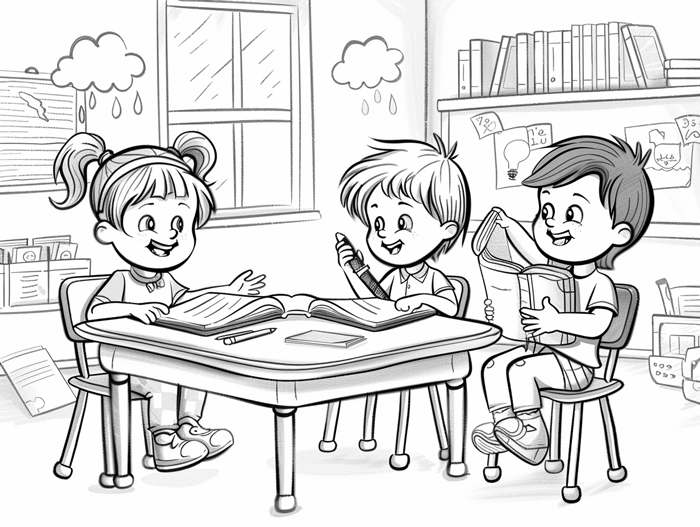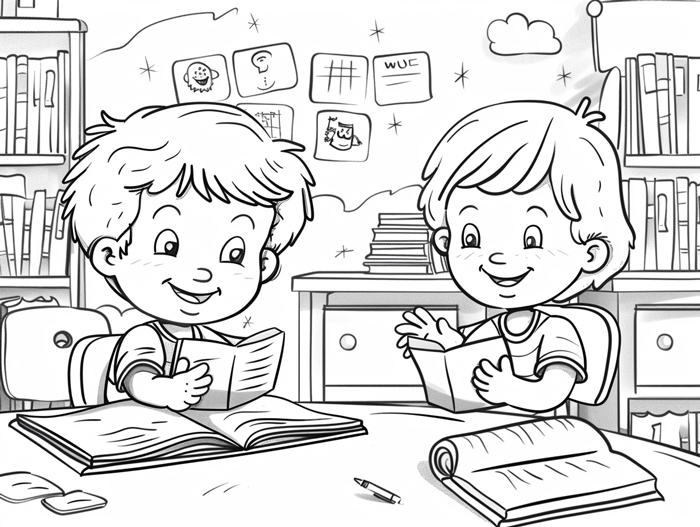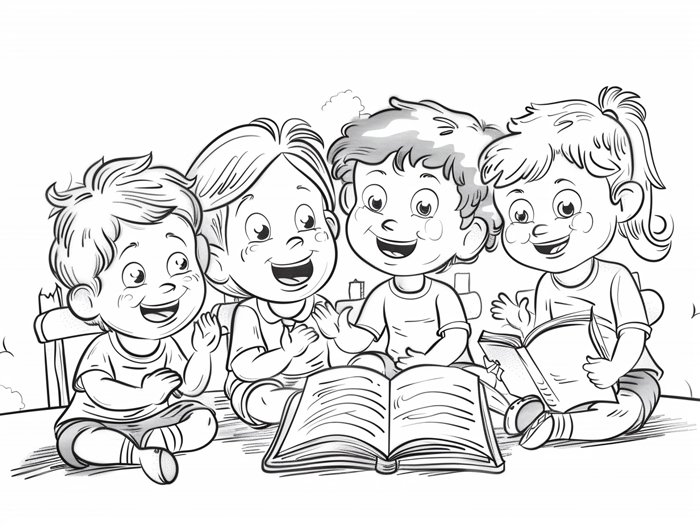Have you ever wondered what the word “whole” really means? In its essence, “whole” signifies completeness, entirety, or unity in something. It implies a state of being undivided, in a state of wholeness or totality.
When we talk about a “whole” object, idea, or entity, we are referring to something that is complete in itself, with all its parts or aspects forming a cohesive unit. The concept of “whole” is fundamental in understanding the full scope, extent, or unity of a subject or situation.
7 Examples Of Whole Used In a Sentence For Kids
- Whole means complete and all together.
- I ate the whole apple for a snack.
- Can you count the whole number of pencils in the box?
- The whole class is going on a field trip tomorrow.
- I want to read the whole story before bedtime.
- Let’s sing the whole song together.
- The whole family went to the park for a picnic.

14 Sentences with Whole Examples
- Whole wheat bread is a healthier option for breakfast compared to white bread.
- I cooked a whole pot of rice for the gathering in the dormitory.
- It’s important to stay hydrated, so make sure to drink a whole lot of water during exam week.
- I spent the whole evening at the library studying for my upcoming exams.
- The whole campus was buzzing with excitement during the annual college fest.
- I plan to spend the whole weekend catching up on assignments and readings.
- Make sure to get a whole eight hours of sleep to feel refreshed and energized for the day ahead.
- The professor assigned the whole chapter to read before the next lecture.
- I can’t believe I ate the whole pizza by myself while pulling an all-nighter.
- The whole class erupted in cheers when the professor announced no class on Friday.
- I attended the whole seminar on Time Management and found it to be extremely helpful.
- I ended up watching the whole season of my favorite TV show in one sitting instead of studying.
- I accidentally printed the whole stack of lecture notes instead of just the first few pages.
- I managed to finish the whole assignment in record time thanks to the extra caffeine boost from my coffee.

How To Use Whole in Sentences?
Whole can be used as an adjective, noun, or adverb in a sentence. When using whole as an adjective, it means complete or intact. For example, “I ate the whole pizza by myself.” In this sentence, whole describes the pizza as being consumed in its entirety.
As a noun, whole refers to a complete entity or unit. For instance, “She baked a loaf of bread using whole wheat flour.” Here, whole refers to the type of flour used to make the bread.

When whole is used as an adverb, it means entirely or completely. For example, “He decided to start his whole life over in a new city.” In this sentence, whole modifies the verb “start” to show that he is beginning entirely anew.
To use whole effectively in a sentence, make sure it fits grammatically with the rest of your sentence. Ensure that it connects logically with the other words and provides a clear description or modification to the subject or verb. Practicing with different types of sentences will help you become more comfortable with incorporating whole into your writing or speech. Remember that whole can have different meanings depending on how it is used, so pay attention to the context in which it appears.
Conclusion
In conclusion, sentences with the keyword “whole” emphasize completeness or entirety. Whether it’s referring to a whole pie, a whole day, or a whole-hearted effort, the word “whole” underscores the idea of something being complete and undivided. These sentences often convey the sense of wholeness, unity, and a lack of separation or fragmentation.
By using “whole” in sentences, the speaker or writer aims to convey a sense of entirety and completeness, highlighting the importance of looking at things in their entirety rather than focusing on individual parts. This keyword serves as a reminder to consider the bigger picture and appreciate the full scope of a situation, object, or experience.



